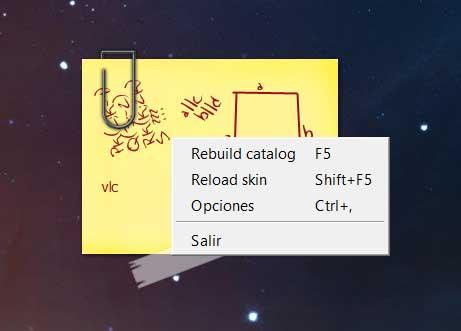
So, for example, you might set a “gmail” keyword that automatically opens your webmail in your default browser. Text actions allow you to copy long blocks of pre-written text in your clipboard, which is great for form emails. Keybreeze can perform keyword-based tasks like Executor, but it also allows you to set custom keywords for specific applications or URLs. It includes the basics for launching applications, of course, but it has a few more tricks up its sleeve. Keybreeze is similar to Executor in that it’s much more than it initially appears to be. But if you’re willing to learn the keywords, it can be much more powerful. There’s no denying its aged look, but it’s still a powerful program. The downside is that it’s a bit less intuitive than the other applications here. It can search within files, grab your IP address, set alarms, show your clipboard history, and more.

Using a system of keywords, the application can run all sorts of advanced tasks that are outside the scope of other launchers. While Executor is a program at its core, the application can do so much more. This functionality can also be expanded with a library of user-made plugins. The default set of plugins can run quick calculator operations, execute web searches on a variety of search engines and sites, invoke shell commands, and more. Outside of launching applications, Launchy comes with some plugins that expand its functionality. Launchy is invoked via a keyboard shortcut which is bound to “Alt + Space” when the application is first installed.

Lauchy might be a little old, but it’s well-respected, multi platform, and fully functional. Note: If you are not a Windows user, here are the best application launchers for Linux and Mac.


 0 kommentar(er)
0 kommentar(er)
